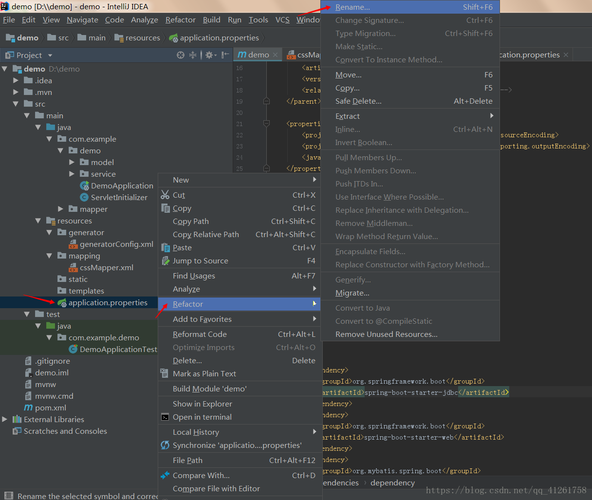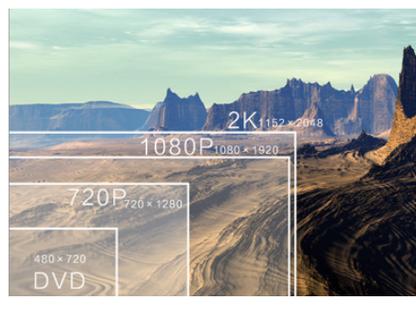在JavaScript中,可以使用window.location.href或window.open()方法实现页面跳转。
在Web开发中,JavaScript(JS)提供了多种方法来实现页面间的跳转,以下是一些常见的JS跳转代码及其介绍:
1、使用 window.location 对象

window.location.href: 通过设置 window.location.href 属性,可以导航到新的URL。
“`js
window.location.href = "http://www.example.com";
“`
window.location.replace(): 此方法会替换当前历史记录中的URL,而不是在历史记录中添加新的条目。
“`js
window.location.replace("http://www.example.com");
“`
window.location.assign(): 此方法会在历史记录中添加新的URL。
“`js
window.location.assign("http://www.example.com");
“`
2、使用 document.location 对象
document.location 是 window.location 的别名,同样可以实现页面跳转。
“`js
document.location = "http://www.example.com";
“`

3、使用 window.open() 方法打开新窗口或新标签页
window.open() 可以用来在新窗口或者新的浏览器标签页中打开一个指定的URL。
“`js
window.open("http://www.example.com", "_blank");
“`
4、使用 window.navigate() 方法
注意:window.navigate() 不是标准的JS方法,它仅在某些旧版IE浏览器中可用,不推荐使用。
5、使用HTML的 <meta> 标签进行刷新或重定向
虽然这不是纯JS代码,但可以在JS中动态生成 <meta> 标签来实现页面跳转。
“`html
<meta http-equiv="refresh" content="0;url=http://www.example.com">
“`
在JS中可以这样实现:
“`js
var meta = document.createElement(‘meta’);
meta.httpEquiv = "Refresh";
meta.content = "0; URL=http://www.example.com";

document.getElementsByTagName(‘head’)[0].appendChild(meta);
“`
6、使用 window.history 对象进行历史记录操作
window.history.back(): 返回上一页。
window.history.forward(): 进入下一页。
window.history.go(): 跳转到历史记录中的某一页,参数为相对当前页的位置偏移量。
相关问题与解答:
Q1: window.location.href 和 window.location.assign() 有什么区别?
A1: window.location.href 直接改变地址栏URL,而 window.location.assign() 则是在历史记录中添加新的URL。
Q2: 如何防止网页被重新加载或刷新?
A2: 可以通过监听 beforeunload 事件来提醒用户或执行特定操作,但是不能完全阻止刷新。
Q3: 使用 window.open() 打开的新窗口是否会被浏览器的弹出窗口拦截器阻止?
A3: 可能会,这取决于用户的浏览器设置,为了更好的用户体验,建议尽量少用或不用 window.open()。
Q4: 为什么 window.navigate() 不是一个推荐使用的方法?
A4: 因为 window.navigate() 是非标准方法,只被旧版的Internet Explorer支持,现代浏览器均已不支持该方法。








